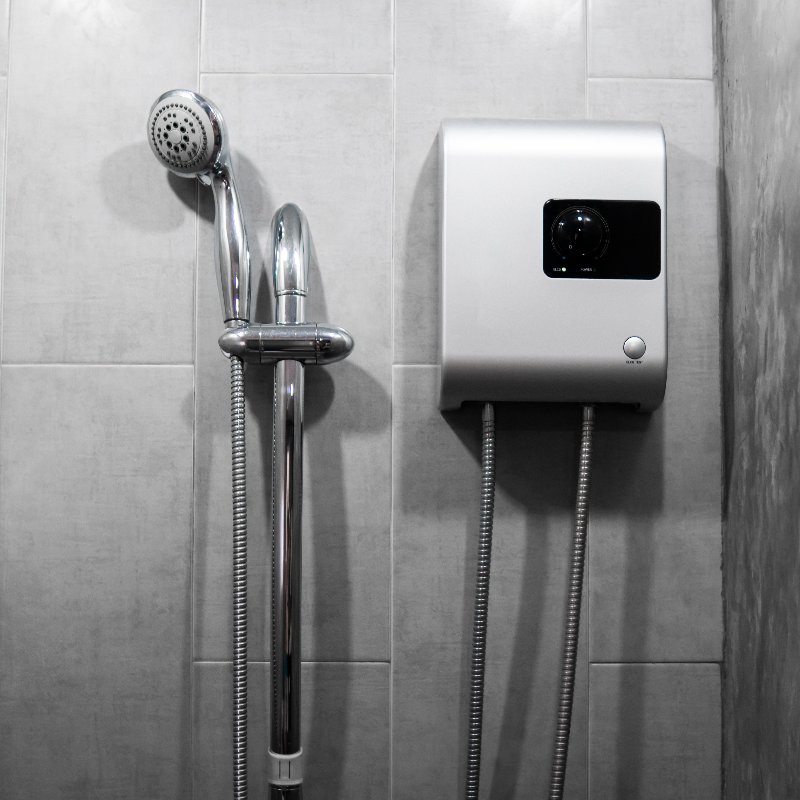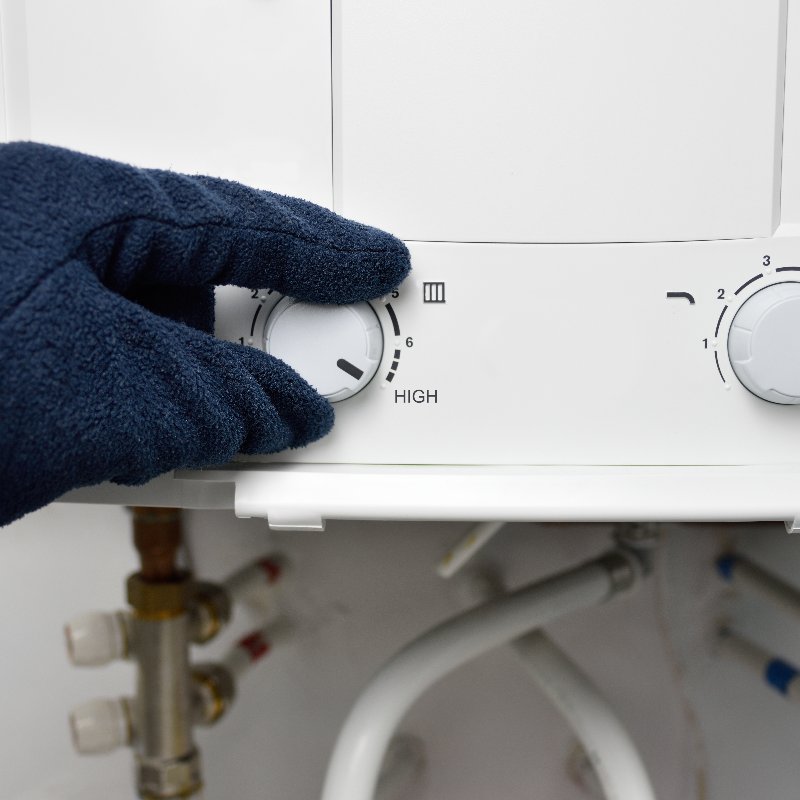
Choosing a Tankless Water Heater
Whether the reason is for a basic household upgrade or your current one is getting old and you’re being proactive, you probably have questions about going with a tankless water heater. After looking at the cost of purchasing the unit and the additional cost of having it installed, your first question is, “Is it worth getting a tankless water heater?”. Well, we are going to answer other questions that may answer that for you.
So, how much does a tankless water heater cost?
The cost can vary based on the brand and model you choose. And like a traditional water heater, the cost will vary between electric-powered and gas-powered. The cost of the actual tankless water heater itself isn’t much higher than the traditional type of water heater. The expense comes with the installation.
A tankless water heater cannot be installed in the same manner as the traditional style. They typically need additional or new plumbing, electricity, and/or gas lines installed too. With that additional work, yes, a tankless water heater will have a higher upfront expense.
To the next question, “Is a tankless water heater expensive to install?”, we suggest that you should get a few estimates as you would with any home improvement job for professional tankless water heater installation. They will need to know what brand/model of tankless water heater you’re considering and will likely need to visit your home to see where it is being installed.
What are the benefits of a tankless water heater?
If you’re going to go to the expense of upgrading to a tankless water heater, you want to know if it is worthwhile. Here are 5 key advantages to having a tankless water heater installed:
Energy Efficiency
The bottom line for homeowners is the cost of purchasing and the cost of using anything for the home. A tankless water heater will give you a significant reduction in your monthly utility bill thanks to the energy efficiency they provide.
For a household that uses 40 gallons of water a day, a tankless water heater will save you as much as 34% on energy costs. This can add up to hundreds of dollars annually, making this investment for the most budget-conscious homeowner worthwhile.
Extended Life
If you’re replacing your current storage water heater, think about the last time you had to replace it, maybe 10 years ago? A benefit to a tankless water heater is the longer lifespan, approximately 20 years. If you’re planning on staying in your current home for a few years, the investment in a tankless water heater is worthwhile.
You need your water heater to effectively heat water, and the faster the better. A tankless water heater will do just that for you. The water isn’t sitting in a tank waiting to be heated. It heats the water on demand.
Space Saving
Where the traditional water heater is often in a closet or the corner of a basement or laundry room, taking up space, a tankless water heater requires a lot less space. The traditional tank-style water heater usually requires a space of approximately 5 feet by 2 feet. The tankless water heater is maybe the size of a shoe box.
Safety
Water heater safety has always been a concern, especially in households with young children. Where there was the possibility of tank-style water heaters exploding, the tankless water heaters do not have the possibility of overheating and exploding because they are not filled with water.
What size tankless water heater should I get?
This is the one key area to having a professional experienced in tankless water heaters is to help you determine the proper size is recommended. There is a bit of math required in determining what size of tankless water heater to purchase. Most homes will need a 5GM to 10 GPM size unit. GPM stands for gallons per minute, and there are 2 questions a professional will ask you:
- What is the maximum hot water needs for your home?
- How much water per minute does your home need?
Are there any drawbacks to tankless water heaters?
Like anything else you purchase, there will be disadvantages too and tankless water heaters aren’t any different. There are 2 that should be included in this decision-making process.
- The initial costs: The purchase of a tankless water heater is often an unexpected and monumental expense for most of us. That alone will steer most customers to stay with the traditional water heater because of the installation expense of a tankless water heater. You need to consider the overall savings to be had by installing a tankless water heater. This will even out, perhaps more in your favor, in the long run.
- Multiple demands: In a large household, there are often multiple demands simultaneously for hot water that a single tankless water heater unit may not be able to meet. If you’re running several outlets for hot water at the same time, like the dishwasher, a shower, and the laundry on a regular basis, you should consider having more than one unit installed.
Can you run out of water with a tankless water heater?
Not exactly “run out” of hot water, because remember, there is not a storage tank involved with the tankless water heater system. But, because it produces hot water on demand, if there is a high demand, it may lag in providing each faucet with the desired hot water. In some rare cases, the tankless water heater may get overloaded enough to the point it shuts down completely.

In Closing
When choosing to go with a tankless water heater, and you have the option of electric-powered or gas-powered, Is a tankless water heater better than a gas water heater? If there isn’t a natural gas line in place already, staying with the electric-powered tankless heater will save you on installation expenses.

